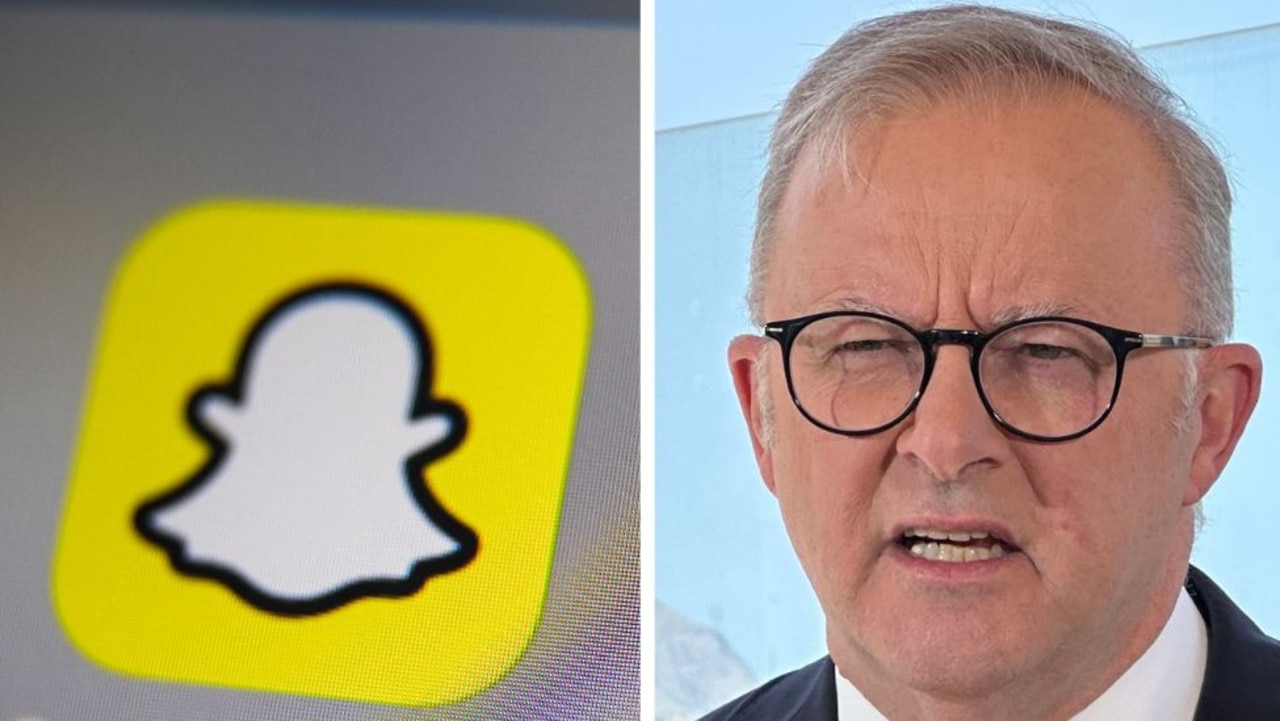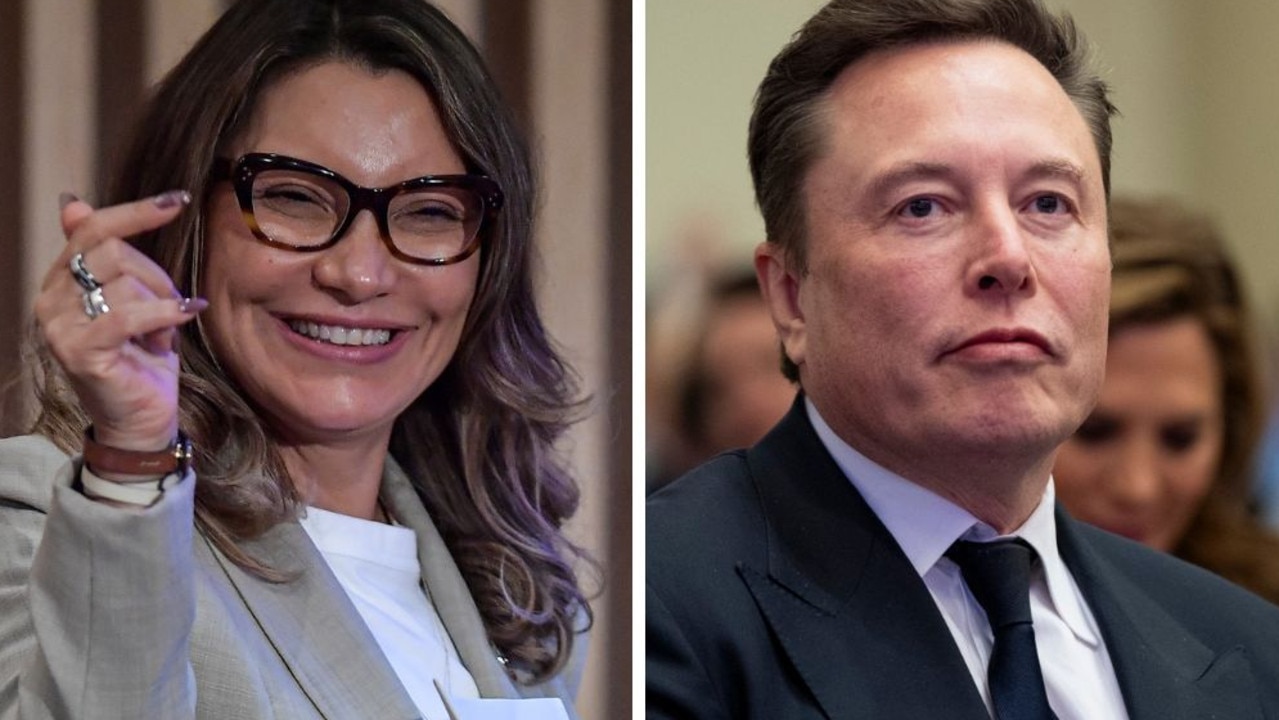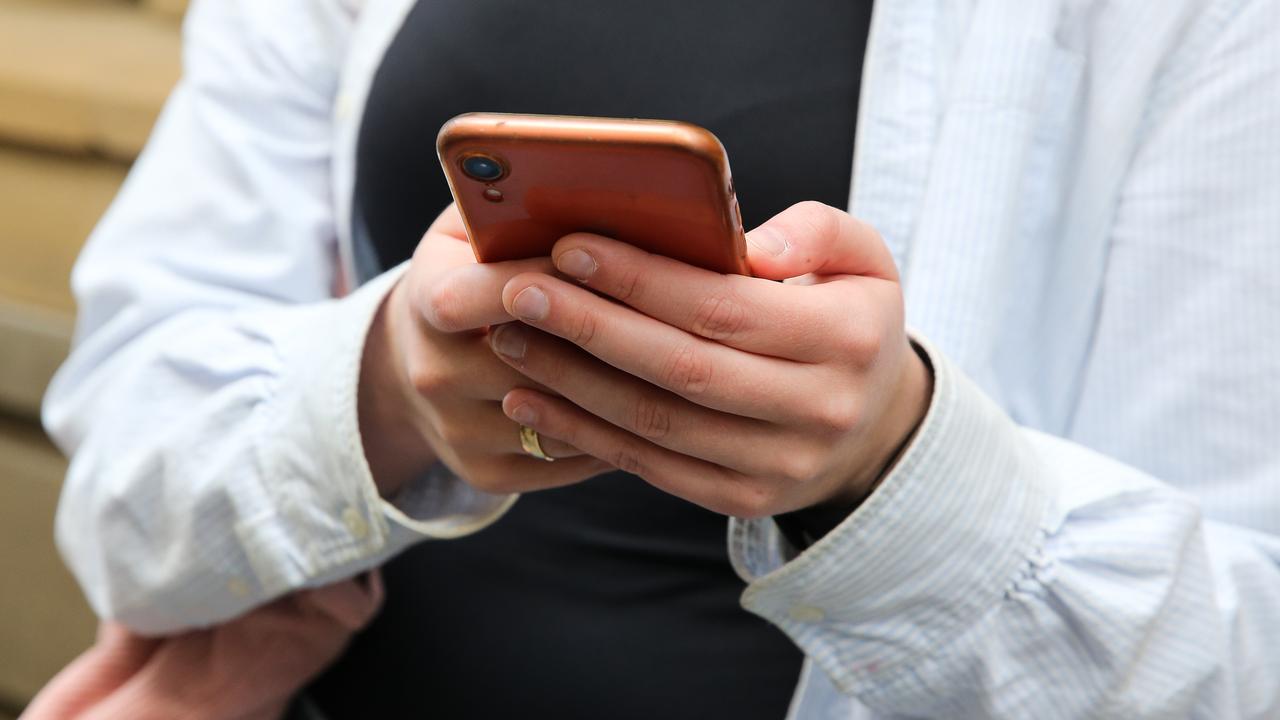Facebook turns 10: Ten things that made its first 10 years
WHILE Facebook marks its 10th birthday as the one social network to rule them all, we ask what YOU want to see it do (or stop doing) next.
LIKE it or not, the world's most famous social network is about to mark its first decade.
It couldn't have got there without you - and the millions like you who use it, some lovingly and some begrudgingly.
Below we'll have a look at ten landmarks on its journey to the top of social media's tree - but we want you tell us about your relationship with Facebook and how you'd like to see it change, if at all.
As an example, one colleague is desperate for the ability to "double like" things. In fact, he's pretty desperate full stop.
WHAT DO YOU WANT FROM FACEBOOK? USE THE COMMENTS FIELD AT THE FOOT OF THE STORY TO HAVE YOUR SAY.
Now, on with the story...
The creation of Facebook is muddied by claim and counterclaim, as anyone who has seen the movie The Social Network knows.
But it's accepted that Mark Zuckerberg founded Facebook on February 4, 2004, with Dustin Moskovitz, Chris Hughes and Eduardo Saverin.
Not that it was Facebook then. For the first 18 months, the social network that grew out of America's Ivy League colleges was called The Facebook. According to folklore, and the movie, it was Napster founder Sean Parker who talked Zuckerberg into ditching the 'The'.
To mark the birthday, here are the 10 things that made Facebook's first 10 years.
1. History: Before creating a social network built on the desire to stay friends with people, Mark Zuckerberg's first attempt at getting social wasn't so friendly. In October 2003, he created Facesmash.com in which he used photographs of Harvard students and presented them in pairs with the question "hot or not". He was forced to shut the site down after a few days when Harvard students complained they didn't like the site at all. He was also sued by the Winklevoss twins who claimed Zuckerberg stole their ConnectU idea to create Facebook.
2. The money man: Mark Zuckerberg turned down job offers from Microsoft and AOL before deciding to go to Harvard. At age 23, Forbes named him the youngest self-made billionaire. If wealth changed him, it didn't do much for his wardrobe. In 2012, he admitted he had a drawer full of grey T-shirts because wearing the same thing every day gave him "one less thing to think about". He has a Twitter account with about 300,000 followers, although he hasn't tweeted since January 2012. His dog Beast, a Hungarian sheepdog, has a Facebook page with 1.7 million fans.
3. Buying in: The history of Facebook involves big investments at key moments. In 2004, Napster founder Sean Parker introduced Zuckerberg to PayPal founder Peter Thiel, who invested $500,000 into the company in exchange for a 10.2 per cent slice of the Facebook pie. Zuckerberg did the deal only after turning down $10 million offer from a New York financier for the whole company. Yahoo offered to buy Facebook for $1 billion in 2006. Zuckerberg turned down the offer but reportedly his board would have forced him to sell if Yahoo had only increased the offer to $1.1 billion. Notable shareholders in Facebook, aside from Zuckerberg who owns about 28 per cent, include Parker (4 per cent), Zuckerberg's former Harvard roommate Dustin Moskovitz (7.6 per cent), Eduardo Saverin (4 per cent) and Microsoft (1.6 per cent) which invested $240 million in Facebook in 2007.
(Source: whoownsfacebook.com)
4. Buy outs: Facebook famously bought Instagram in 2012 for $1 billion even though Instagram was a company that had no revenue source. At the time, Zuckerberg described the deal as a milestone, saying "we don't plan on doing many more of these, if any at all". Last year, Facebook reportedly offered $3 billion to buy Snapchat but Snapchat turned down the offer. Why bid for Snapchat, another company that doesn't make money? Facebook users post 350 million photos a day to the social network while Snapchat users share 400 million.
5. Flop: Facebook launched Beacon in 2007, a system which tracked what you did on third-party websites and shared it with your friends through your Facebook feed. There was outrage by users and activists groups such as the Centre for Digital Democracy and the US Public Interest Research Groups who argued, quite reasonably, that people did not always wanted their purchases published to the world. Two years later, Beacon got trashed with Zuckerberg saying "we simply did a bad job". Beacon failed but it paved the way for Facebook Connect, a system where you use your Facebook profile to quickly log into third-party sites. The user gets convenience, the third-party website gets access to your Facebook profile and can show you what your friends have done on their site.
6. Like, like: If you lived through the eighties, "like" was a key part of speech as depicted in the movie Valley Girl, like. But in 2009, to "like" something took on new meaning with the introduction of the like button. Facebook engineer Adam Bosworth says the button was originally going to be called the "Awesome" symbol. That would have been, like, awesome.
7. Facebook is dying, or not: Facebook recently admitted that it was not as popular with teenagers. This week two Princeton PhD students published a theory that Facebook would lose 80 per cent of users by 2017. But before you organise the wake for the social network, the Princeton study has been criticised as not being peer reviewed and ignoring the fact that its number of monthly users is still growing. And as for teenagers turning off, com Score published data this month that shows Facebook still claims 89 per cent of 18-24 year olds in the US, with Instagram (owned by Facebook) the second most popular teen network with 51.5 per cent and other networks trailing in its wake, such as Twitter (43.7 per cent), Tumblr (35.5 per cent) and Snapchat (25.9 per cent)
8. Dying to be on Facebook: What to do with someone's social network after they have gone is one of those problems that people didn't worry about a decade ago. A 2012 report estimated that, even back then, there was already 30 million dead people with Facebook accounts.
9. Australian fans: Facebook has 12,800,000 Australian users.
The most talked about topics on Facebook in 2013 by Australian users were:
1. Vote
2. Kate Middleton
3. Cricket
4. Kevin Rudd
5. Grand Final
6. Election
7. GST
8. Lions
9. Tony Abbott
10. Big Brother
10. Numbers count: Ten ways to think of the size of Facebook at 10 years old
1. Total number of Facebook monthly active users: 1.19 billion
2. Total number of Facebook daily active users: 728 million
3. Average number of friends that teens on Facebook have: 300
4. Percentage of teens that are friends with their parents on Facebook: 70 per cent
5. Total number of Facebook friend connections: 150 billion
6. Total number of Facebook likes since launch: 1.13 trillion
7. Average daily Facebook likes: 4.5 billion
8. Percentage of Facebook users that login once a day: 76 per cent
9. Estimated amount that Facebook scammers earn: $200 million per year
10. Average time spent on Facebook per user per month: 8.3 hours
(Source: expandedramblings.com)



